Lesson 3. Defining Vocabulary思维导图
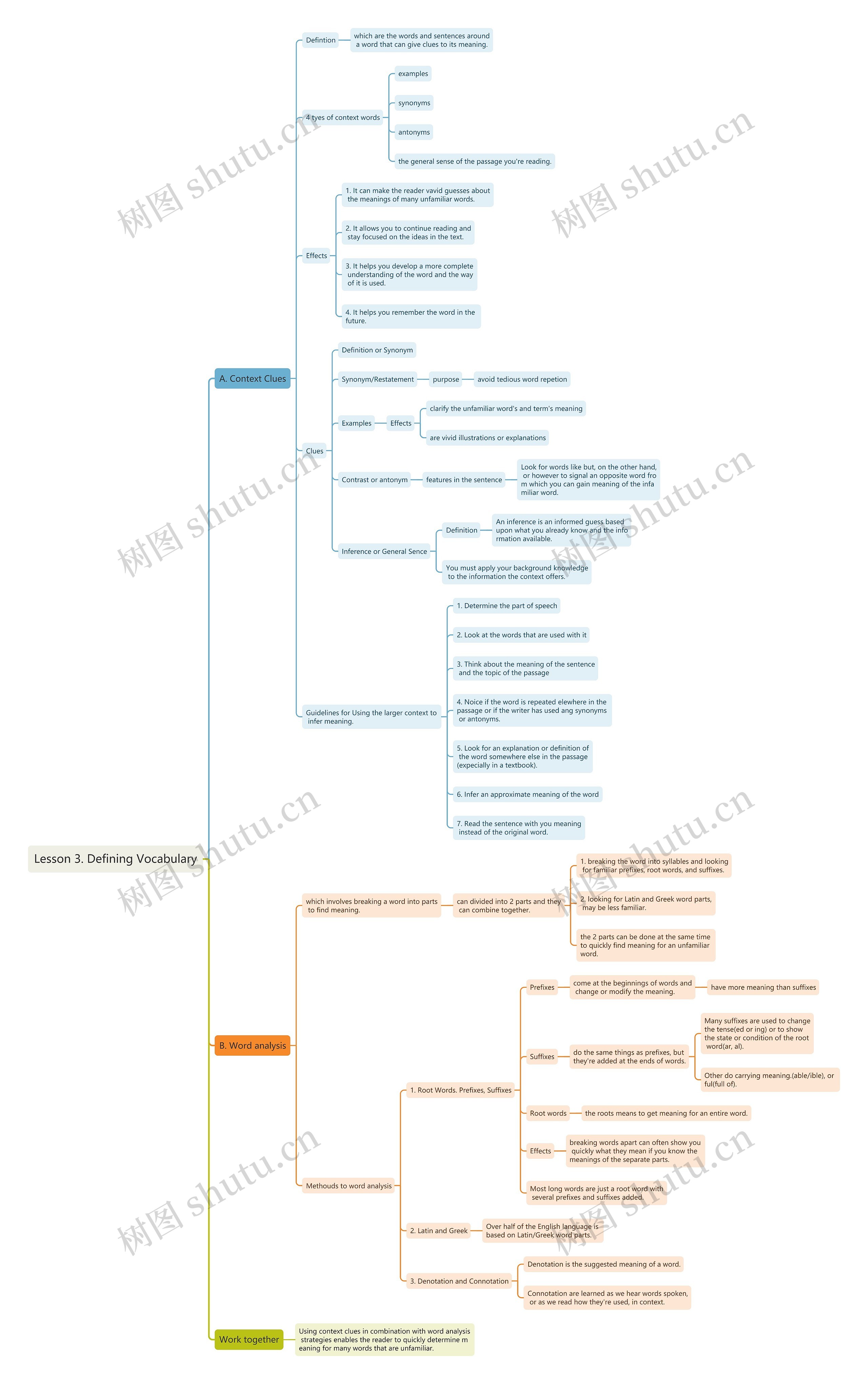
Lesson 3. Defining Vocabulary
树图思维导图提供 Lesson 3. Defining Vocabulary 在线思维导图免费制作,点击“编辑”按钮,可对 Lesson 3. Defining Vocabulary 进行在线思维导图编辑,本思维导图属于思维导图模板主题,文件编号是:5904f9ccfdd5a055de43dd15a7e2d240
思维导图大纲
Lesson 3. Defining Vocabulary思维导图模板大纲
A. Context Clues
Defintion
which are the words and sentences around a word that can give clues to its meaning.
4 tyes of context words
examples
synonyms
antonyms
the general sense of the passage you're reading.
Effects
1. It can make the reader vavid guesses about the meanings of many unfamiliar words.
2. It allows you to continue reading and stay focused on the ideas in the text.
3. It helps you develop a more complete understanding of the word and the way of it is used.
4. It helps you remember the word in the future.
Clues
Definition or Synonym
Synonym/Restatement
purpose
avoid tedious word repetion
Examples
Effects
clarify the unfamiliar word's and term's meaning
are vivid illustrations or explanations
Contrast or antonym
features in the sentence
Look for words like but, on the other hand, or however to signal an opposite word from which you can gain meaning of the infamiliar word.
Inference or General Sence
Definition
An inference is an informed guess based upon what you already know and the information available.
You must apply your background knowledge to the information the context offers.
Guidelines for Using the larger context to infer meaning.
1. Determine the part of speech
2. Look at the words that are used with it
3. Think about the meaning of the sentence and the topic of the passage
4. Noice if the word is repeated elewhere in the passage or if the writer has used ang synonyms or antonyms.
5. Look for an explanation or definition of the word somewhere else in the passage (expecially in a textbook).
6. Infer an approximate meaning of the word
7. Read the sentence with you meaning instead of the original word.
B. Word analysis
which involves breaking a word into parts to find meaning.
can divided into 2 parts and they can combine together.
1. breaking the word into syllables and looking for familiar prefixes, root words, and suffixes.
2. looking for Latin and Greek word parts, may be less familiar.
the 2 parts can be done at the same time to quickly find meaning for an unfamiliar word.
Methouds to word analysis
1. Root Words. Prefixes, Suffixes
Prefixes
come at the beginnings of words and change or modify the meaning.
have more meaning than suffixes
Suffixes
do the same things as prefixes, but they're added at the ends of words.
Many suffixes are used to change the tense(ed or ing) or to show the state or condition of the root word(ar, al).
Other do carrying meaning.(able/ible), or ful(full of).
Root words
the roots means to get meaning for an entire word.
Effects
breaking words apart can often show you quickly what they mean if you know the meanings of the separate parts.
Most long words are just a root word with several prefixes and suffixes added.
2. Latin and Greek
Over half of the English language is based on Latin/Greek word parts.
3. Denotation and Connotation
Denotation is the suggested meaning of a word.
Connotation are learned as we hear words spoken, or as we read how they're used, in context.
Work together
Using context clues in combination with word analysis strategies enables the reader to quickly determine meaning for many words that are unfamiliar.
相关思维导图模板
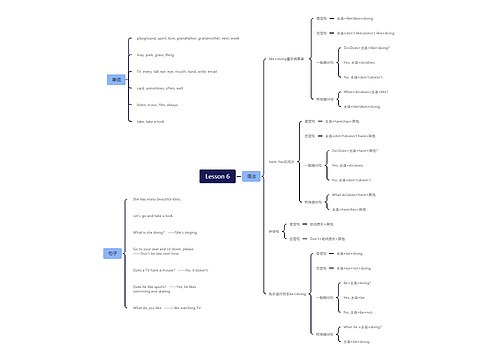
树图思维导图提供 Lesson 1 在线思维导图免费制作,点击“编辑”按钮,可对 Lesson 1 进行在线思维导图编辑,本思维导图属于思维导图模板主题,文件编号是:19ad96074e9c3936ee4ce9f5aefa26ac


树图思维导图提供 教学评一体化单元教学设计策略的理论、模式、实施路径与策略 在线思维导图免费制作,点击“编辑”按钮,可对 教学评一体化单元教学设计策略的理论、模式、实施路径与策略 进行在线思维导图编辑,本思维导图属于思维导图模板主题,文件编号是:0d7005471663c55c60d34732f6d8410c


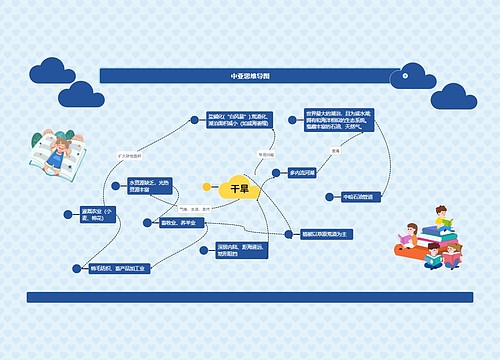
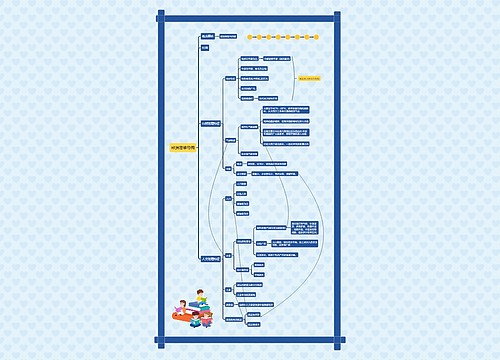
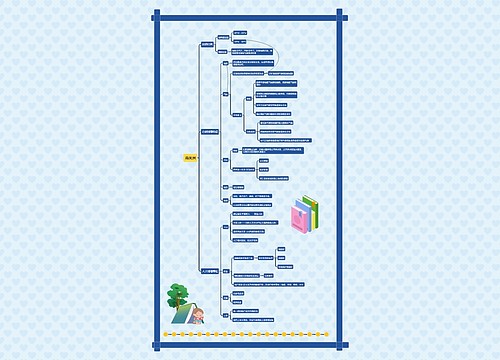
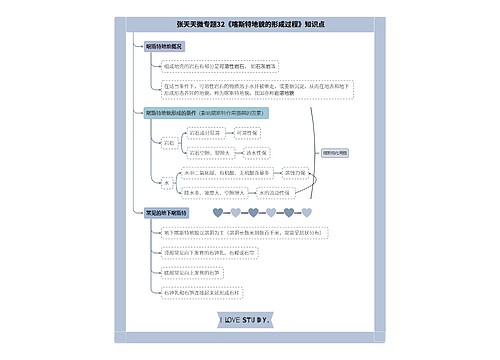
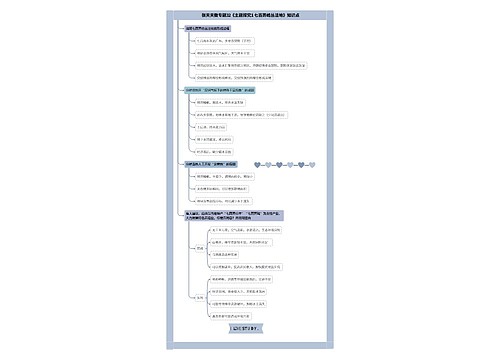
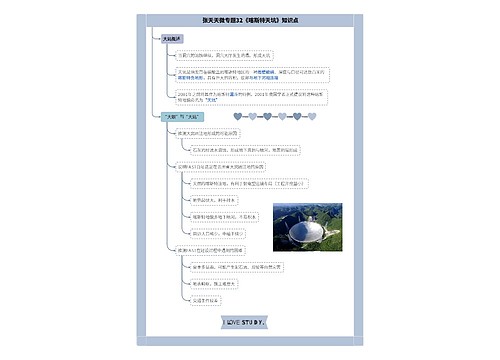
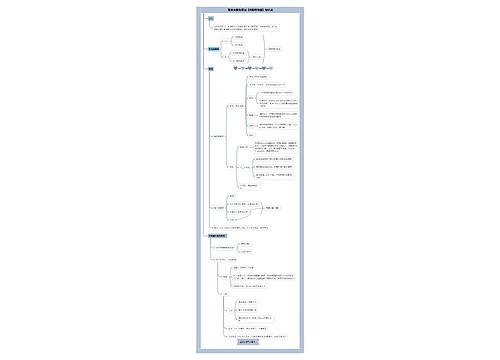
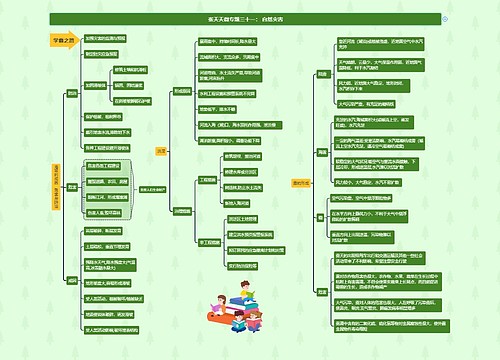
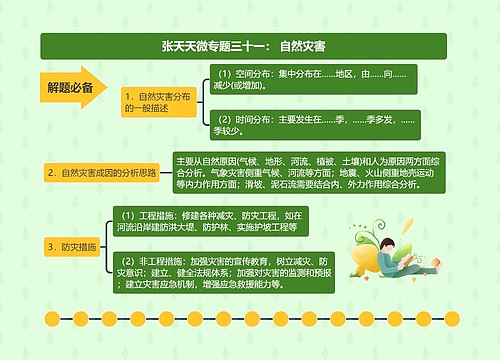
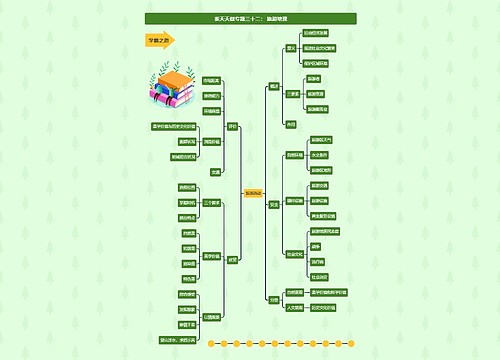
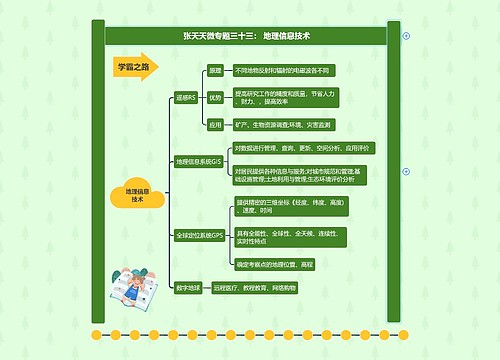
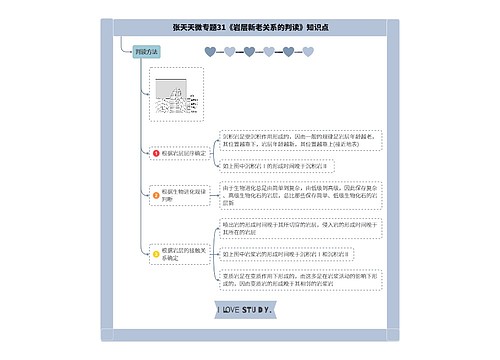
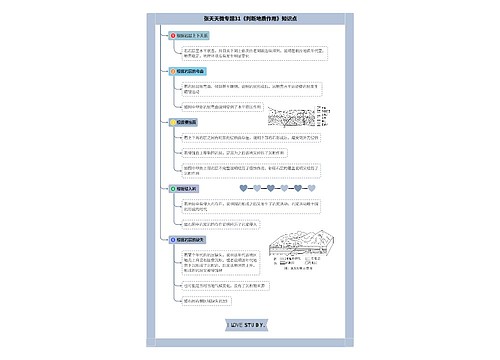


 上海工商
上海工商